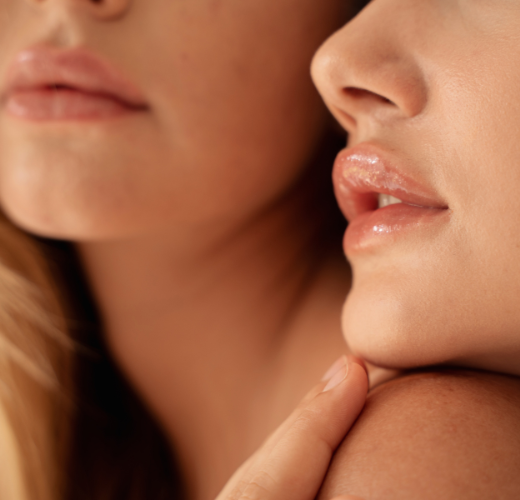Dry January: A Journey to Mental Clarity & Skin Health

As January draws to a close, I’m excited to share that I’ve fully embraced Dry January. It’s been 20 days since my last drink, and the transformation I’ve experienced has been nothing short of incredible. From mental clarity to visible improvements in my skin, the benefits of pressing pause on alcohol have taken me by surprise.
Mental Clarity Boost
The most immediate change I noticed was a new sense of mental sharpness. Even moderate alcohol consumption can disrupt sleep patterns and leave you feeling sluggish in the mornings. Without it, I’ve found myself feeling more focused and energized throughout the day.
Skin Health Upgrade
Did you know that alcohol is a diuretic? This means it dehydrates both your body and your skin, speeding up the aging process. Over the past 20 days, I’ve seen noticeable improvements in my skin’s hydration and elasticity. Without the inflammation triggered by alcohol, my complexion is brighter and my skin feels significantly smoother. Dermatologists often observe that cutting back on alcohol can lead to reduced puffiness, fewer breakouts, and a more radiant glow. In other words, your skin thrives without alcohol.
The Surgeon General’s Findings on Alcohol and Cancer Risk
The Surgeon General’s latest report reveals an urgent reason to reduce alcohol intake: alcohol consumption has been linked to an increased risk of several types of cancer. As the report highlights, "alcohol-related cancer deaths shorten the lives of those who die by an average of 15 years." The connection between alcohol and cancer is alarming but not widely discussed. Alcohol consumption has been implicated in at least 7 types of cancer, including:
-
Breast cancer (especially in women)
-
Colorectal cancer
-
Esophageal cancer
-
Liver cancer
-
Mouth (oral cavity) cancer
-
Throat (pharynx) cancer
-
Voice box (larynx) cancer
Skin Health and Cancer Risk
When it comes to skin health, drinking less alcohol not only helps reduce inflammation but can also lower the risk of skin cancers such as melanoma, basal cell carcinoma, and squamous cell carcinoma. Dehydrated, stressed skin—common when alcohol consumption is high—is more vulnerable to sun damage and impaired cellular repair. Over time, this increases susceptibility to skin cancer. By taking a break from alcohol this month, you’re giving your body (and your skin) the chance to rejuvenate and build stronger natural defenses.
Understanding the Link: How Alcohol Causes Cancer
Alcohol disrupts your skin’s natural balance by increasing acetaldehyde levels— a byproduct produced during alcohol metabolism. Acetaldehyde can damage your DNA, leading to rapid cell growth, which in turn can create malignant tumors. Alcohol also increases the production of free radicals, which contribute to inflammation and may worsen certain skin conditions like rosacea and acne. Moreover, alcohol alters hormones, including estrogen, which is linked to an increased risk of breast cancer.
It’s particularly sobering to consider that the Surgeon General estimates that 4 out of 100 women could develop breast cancer due to regular alcohol consumption (just two drinks per day).
The Emotional and Physical Benefits of Cutting Back
Beyond the physical changes, Dry January has offered an emotional reset as well. I’ve rediscovered joy in activities that don’t center around alcohol—such as hobbies and deeper connections with loved ones. It’s been empowering, and I truly feel the difference.
Tips for Staying on Track
If you’re also taking part in Dry January (or simply cutting back on alcohol), here are some tips that have worked for me:
1. Stay Hydrated: Choose water infused with fruit or caffeine-free herbal teas over alcoholic beverages.
2. Create New Routines: Replace happy hour with a workout class, yoga, or evening walks.
3. Track Your Progress: Celebrate each day alcohol-free and reflect on how you’re feeling.
Dry January is far more than a temporary trend. It’s an opportunity to reset and prioritize your mental and physical well-being. Whether you’re focused on improving your skin health, boosting mental clarity, or reducing your cancer risks, cutting back—even for just a few weeks—can have a profound impact.
As we wrap up this month, here’s to continuing the journey—one day at a time, with each day bringing greater clarity, healthier skin, and stronger overall well-being.
Are you participating in Dry January? I’d love to hear how your journey is going!


